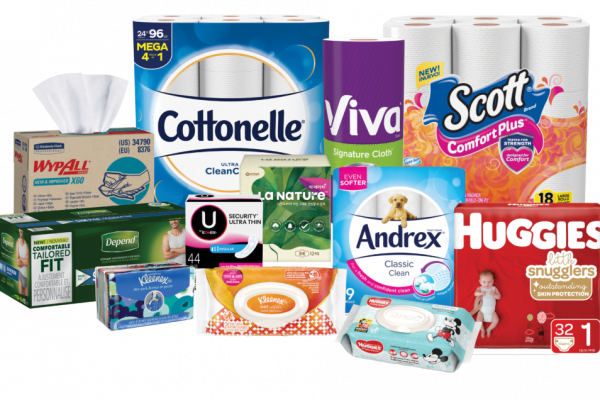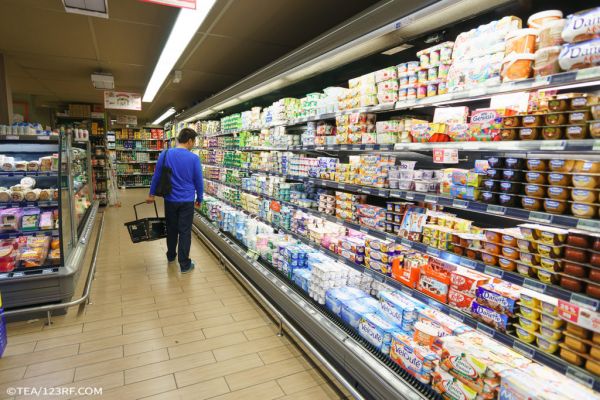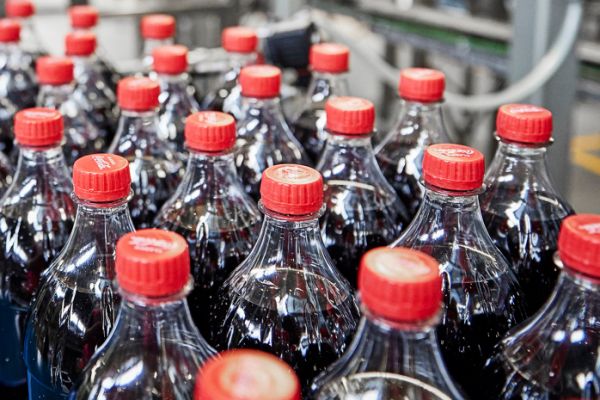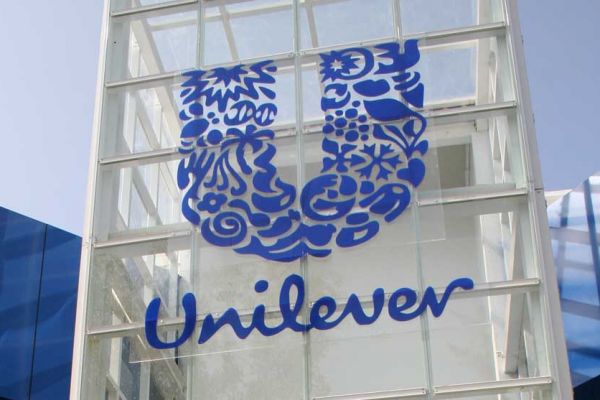A long-lasting conflict in Ukraine would have a large impact on lower-rated consumer foods companies, a new report from Moody's has said.
While credit quality would remain stable for most of the 303 consumer goods companies Moody's rates, a downside scenario (in the event of a longer conflict) would spell difficulties for smaller, less-diversified firms.
More than a third (37%) of rated consumer goods firms firms would face a 'high or moderate risk' in such a downside scenario. This compares to 29% of nearly 4,000 rated non-financial companies that would face challenges.
'The difference partly reflects the higher proportion of lower-rated companies in the consumer product portfolio as well as the sector's sensitivity to consumer confidence and purchasing power, which would be dented in our downside scenario,' Moody's said in its report, Long Ukraine crisis would have a larger impact on lower rated consumer companies.
Commodity Shocks
The ratings agency's baseline scenario for the Russia-Ukraine conflict assumes that commodity shocks and higher inflation and interest rates will result in lower global growth through 2023.
A downside scenario takes into account a suspension of energy trade between Russia and Europe, a global recession, and a severe liquidity squeeze, it said.
Moody's said that it believes the conflict has 'significantly altered' the global economic backdrop through three main channels – 'high commodity prices creating risks of high input costs and consumer inflation; financial and business disruption resulting from the highly integrated global economy; and heightened security and geopolitical risks exerting economic costs and denting business and consumer sentiment'.
Read More: Russian Invasion Of Ukraine Has Caused 'Massive' Food Security Crisis, Says FAO
'Less-Essential' Products
Prospects for consumer goods firms would vary depending on the category or categories in which they operate – for example, firms that sell 'less-essential' products are more exposed than those that sell 'essentials', such as food and beverages.
For beverage companies, exposure is highest for companies that are highly leveraged towards the EMEA region, which is where around one third of rated firms are located.
In food, meanwhile, commodity prices and supply chain risks are likely to remain high, but the 'essential' nature of the category means that demand will remain despite a potential recession. According to Moody's, market-leading brands are in a better position to raise prices to combat inflation than lower-tier brands.
© 2022 European Supermarket Magazine – your source for the latest A-Brands news. Article by Stephen Wynne-Jones. Click subscribe to sign up to ESM: European Supermarket Magazine.














